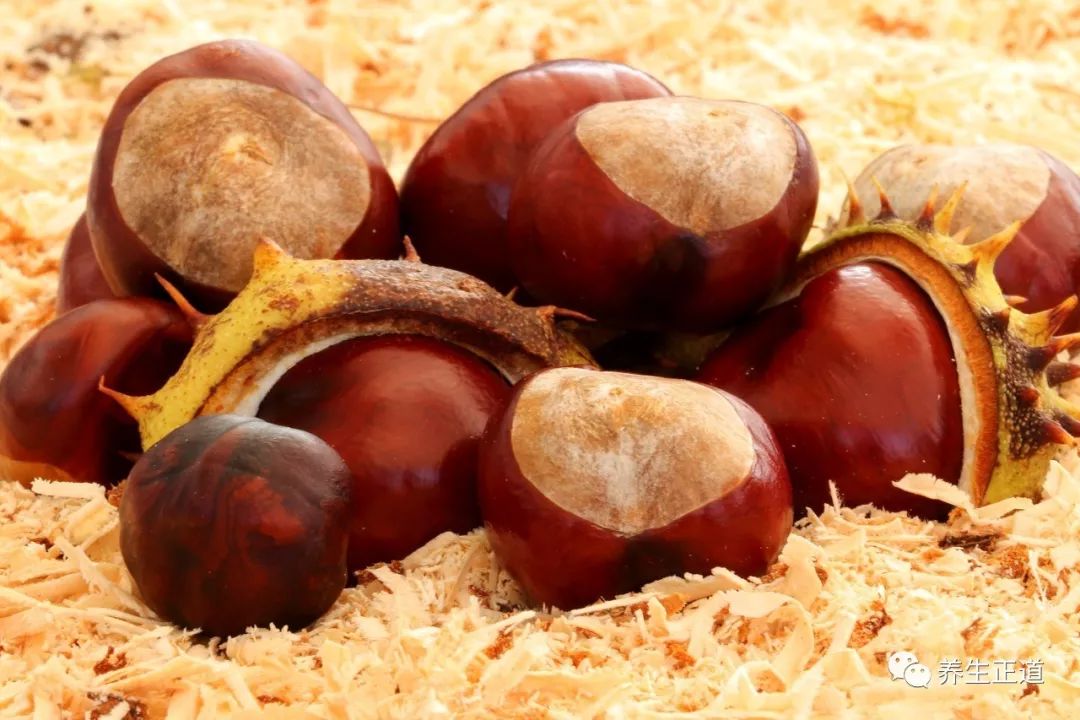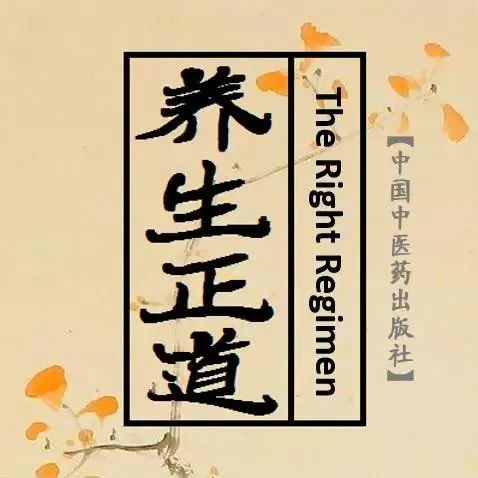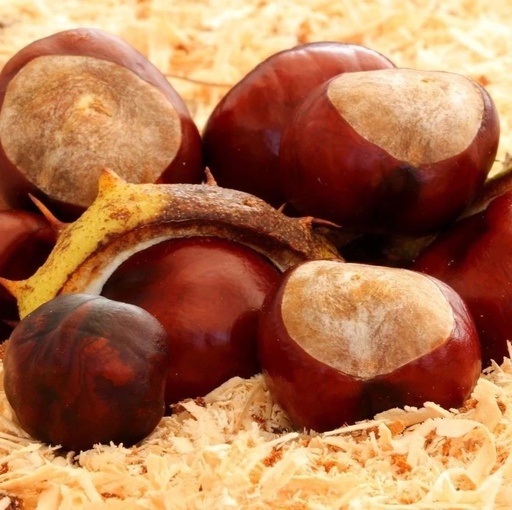↑ Click the title below “Nourishing Health” for more health knowledge ↑
Introduction: “Yang deficiency constitution” refers to a weakness of Yang energy in the body. In the context of nourishing the five organs, the “Kidney” is the root of Yang energy, so friends with Yang deficiency should focus on nourishing the Kidney! So when it comes to “nourishing,” how should one do it? “How to nourish?”
 AboutLiving and Health Preservation
AboutLiving and Health Preservation
Precautions for individuals with Yang deficiency constitution
1. Sleep
People with Yang deficiency tend to curl up while sleeping and may experience frequent nighttime urination, affecting their sleep. Therefore, individuals with Yang deficiency should avoid drinking water before bed and ensure they empty their bladder before sleeping. They should also manage their emotions well to eliminate the impact of negative feelings. Engage in more physical activity and reduce late nights.
2. Urination
Individuals with Yang deficiency often urinate frequently, needing to go to the bathroom shortly after drinking water, and may wake up two to three times at night. Some may also feel that they cannot fully empty their bladder, so it is important to avoid drinking water before bed to prevent sleep disruption.
People with Yang deficiency often have loose stools, and may even experience “undigested food in stool,” meaning they pass food that has not been digested. Some may also experience “five morning diarrhea,” needing to get up early to use the bathroom, resulting in loose stools. Therefore, it is advisable to avoid raw, cold, and greasy foods to reduce the burden on the digestive tract.
3. Clothing
Individuals with Yang deficiency tolerate summer but not winter, fearing cold rather than heat. In winter, their hands may feel cold beyond the elbows and feet cold beyond the knees, making it hard to stay warm in bed, and they are easily susceptible to colds. These individuals have poor resistance to fatigue, sweating profusely and gasping for breath with minimal activity. Sometimes they may even sweat without any activity, so it is important to keep warm.
Some girls, wanting to look fashionable, expose their midriffs and wear short skirts in hot weather, which can damage Yang energy. Those with Yang deficiency should pay extra attention to keeping their joints warm in summer. In spring and autumn or in air-conditioned rooms during summer, it is advisable to avoid clothing that exposes the shoulders, knees, midriff, waist, or thighs.
Seasonal Health Preservation
1. Spring Health Preservation
In spring and summer, it is important to cultivate and replenish Yang energy by getting plenty of sunlight, which can significantly enhance the ability to adapt to the harsh winter climate. In spring, it is advisable to consume foods that promote Yang, such as Chen Pi (dried tangerine peel), Gu Ya (barley sprouts), Jiu Cai (leeks), peanuts, scallions, and ginger. Be cautious about undressing too quickly; it is advisable to “spring wrap” by first reducing upper clothing before lowering lower garments.
2. Summer Health Preservation
Summer is the best season to replenish Yang energy. Following the principle of “heaven and man in correspondence,” during the peak of Yang energy in summer, use warm and spicy herbs applied to corresponding acupoints, or perform moxibustion on points such as Zu San Li (Stomach 36), Qi Hai (Conception Vessel 6), Guan Yuan (Conception Vessel 4), Shen Shu (Bladder 23), and Ming Men (Governor Vessel 4). For those with chronic conditions such as asthma, bronchitis, chronic rhinitis, chronic colitis, chronic gastritis, and dysmenorrhea, individuals with Yang deficiency can opt for “treating winter diseases in summer” to improve their constitution. Generally, continuous application for three years can achieve an effectiveness rate of 50% to 70%. During summer, try to minimize time spent in air-conditioned environments, and if in air-conditioned rooms, ensure the temperature difference between indoors and outdoors is not too great. Also, avoid lingering in shaded areas or breezy corridors, and do not sleep outdoors or in windy places. Minimize the consumption of cold drinks and cold foods. Those with significant Yang deficiency can consume warming foods such as lamb, dog meat, and young chicken during the “Three Fu Days” (the hottest days of summer).
3. Autumn Health Preservation
Individuals with Yang deficiency tend to be quiet and lethargic due to insufficient Yang energy, and they can easily feel depressed, anxious, or sad during the cold autumn and winter months. This is a time to increase outdoor activities. In autumn, do not “freeze in autumn”; pay attention to warmth, especially in the waist and lower limbs. It is advisable to eat warm fruits and avoid raw and cold fruits.
4. Winter Health Preservation
Individuals with Yang deficiency should avoid cold evils in winter; those who can should spend winter in warmer southern regions. During autumn and winter, ensure active exercise to invigorate Yang energy. In winter, it is advisable to consume warming and nourishing foods such as lamb, dog meat, venison, young chicken, shrimp, deer antler, gecko, purple river car, dodder seeds, walnut kernels, chestnuts, and carrots to enhance Yang energy.
In winter, one can consume medicinal pastes. Medicinal pastes are a traditional form of Chinese medicine, typically referring to internal medicinal pastes, also known as Gao Zi. Medicinal pastes are made by boiling Chinese medicinal herbs in water, removing the residue, concentrating the liquid, and then adding maltose, honey, or donkey-hide gelatin to create a thick semi-fluid preparation, such as snow pear paste or Chuan Bei Pi Pa Gao (Fritillaria and Loquat Syrup). Medicinal pastes can be taken in all seasons, but winter is the best time. They have the characteristics of nourishing the weak, treating while nourishing, and adjusting according to symptoms, making them effective for various chronic diseases and for those with weak constitutions. As long as the prescription is appropriate and the intake is reasonable, they can not only promote recovery in acute and chronic patients but also strengthen the body’s righteous Qi and health, playing a preventive role against diseases. Due to the convenience of taking medicinal pastes and their excellent therapeutic and nourishing effects, they are favored by many people.

Dietary Health Preservation
Individuals with Yang deficiency should consume more foods that have a warming effect, such as lamb, dog meat, venison, and chicken. According to the principle of “nourishing Yang in spring and summer,” during the hottest days of summer, one can consume ginger and angelica lamb soup once during each of the three hottest periods to effectively strengthen the body’s Yang energy.
1. Foods to Avoid
Do not consume excessive amounts of raw, cold, bitter, cool, or greasy foods, such as pears, plums, watermelons, water chestnuts, bananas, loquats, Chinese water chestnuts, sweet potatoes, cucumbers, bitter melons, celery, eggplants, fava beans, mung beans, lilies, soft-shelled turtles, duck meat, field snails, crab meat, green tea, and frozen drinks. Especially avoid excessive consumption of cooling teas that clear heat and drain fire.
2. Foods to Include
It is advisable to consume warming and kidney-benefiting foods, such as lychee, longan, cherries, apricots, walnut kernels, chestnuts, leeks, mustard greens, cilantro, carrots, onions, shiitake mushrooms, yellow soybean sprouts, black beans, yam, beef, lamb, dog meat, venison, chicken, quail meat, yellow eel, grass carp, shrimp, maltose, wine, coffee, brown sugar, ginger, chili, pepper, and glutinous rice. Foods for nourishment are best prepared by steaming, braising, boiling, or stewing. A low-salt diet is recommended.
 Chestnuts. Featured Book
Chestnuts. Featured Book
This book elaborates on the identification and health preservation methods for nine types of constitutions as per national standards. It provides detailed and practical health preservation plans from aspects such as emotions, exercise, diet, living habits, Chinese herbal nourishment, meridian acupoints, etc. It also incorporates health preservation plans for blood deficiency constitution based on the practical work of “preventing disease” centers across the country.

Nourishing Health
Copyright Statement
This article is selected from “Easily Learn Constitution Health Preservation”, published by the China Traditional Chinese Medicine Press, edited by Lu Xiaozuo, Hu Guangqin, with all rights reserved by the original authors.
For commercial cooperation or submissions: [email protected]
 Click “Read the Original” for discounts on book purchases
Click “Read the Original” for discounts on book purchases

